|
It has been 5 weeks now and training is finally starting to feel good. My heel bursa issue is not yet a memory. It is so very minor now that it feels like background noise. Although my long run training pace has a lot of room for improvement, I am so very happy to see that my goal of rebuilding my volume is manifesting. I was able to run 74.4M in 6 days of work over a 7 day period this week. It has been a long time since I ran this much. If there is one thing that I can do that will help me get fitter faster it is to first build up my volume and then work on getting faster. This is not a blanket statement for all. This is what I know works for me. My goal for "phase 1" was to build up to a 20M LR at whatever pace felt "good enough" under the conditions/circumstances before taking a rest week and then entering "phase 2" (to work on getting faster). I am happy to declare "Mission Accomplished" :) Monday with Kim at the beach. We are just doing our thing, adding 2 miles per week to each of her runs so she can get back her base again too. We are in no rush, speed will come later. First we build the ability to endure. Tuesday Hills: "The Tour" is a hilly run but it is also the run Dave and I agree is the "easiest" run we do together. No rush, just climbing. My barometric altimeter is not well. The data is not accurate but it is good enough. We climb hills. It is fun. It is work. We moved this run to Tuesday, after my med-long run with Kim. I could feel the cumulative fatigue in my legs today. I was walking the steep climbs because I just didn't have any power. But I am fine with this. I want to climb tired. Boston's hills are toward the end. I need to practice climbing tired. So this is a good place for hills. They will stay on Tuesdays. Wednesday. Ah how I love my Wednesdays. Today I rest. I sleep in. I walk the dogs. I try to move a little as possible... but because I am busy it is still around 10,000 steps. Speed on Thursday: Best decision I could have made was to ask Dave if we could move speed to Thursdays. I needed a do-over with .3s so we did just that. Last week I had trouble hold sub-7 pace! This week we had two .3s under 6! So this was perfect. We decided to repeat .3's one more week since this weekend we have a 20M LR. Once we drop back the LR, we will then increase the distance of speed work at that next speed work. Friday with Kim. Easy General Maintenance training. No rush. Just miles. Long Run Saturday. Saturday was supposed to rain. Thunderstorms were supposed to hit us. I stress ate 3 cinnamon rolls in preparation for this 20 mile ordeal. Instead we got to run in one of the best running weather days in many many weeks. We decided to do another interval workout for this. .9M repeats with .1M recovery for 20 miles. The last 5 miles we worked the .9's hard. It was nice to finish this 20M run at 7:32 pace even if just for a .9M burst. Sunday! Last run of the week. I met Kim at the beach again and we did her 14M LR today instead of tomorrow. Random Meaningless Weekly Stats: Garmin says I am getting slower. STRYD says I am getting faster. My Last 7 Days data makes me happy. And my scale data does too. My body composition improving in ways that I care most about (increase in lean muscle with decrease in body fat at a healthy pace.) I am getting more sleep, more steps, and more strength training. My RHR is dropping. This is all good. In my opinion, the best measure of race fitness is race pace... but I am not racing right now so I can't use that. The next best thing for me personally (I am speaking only for myself) is to use data from my devices and take that information with a grain of salt. I can see changes in ways that correlate to improved fitness and performance. This motivates me to keep working hard. I am working hard and seeing gains helps. I can set expectations for myself based upon what I am seeing changing week-to-week. When I race more frequently, none of this matters. Only race data will matter if my aim is to race my best. But for now, for my blog, for my own personal data tracking, I share it. Supplements (Security Blanket? Waste of $$? Helpful in anyway?): Without fail people will ask about supplements as if there is some magic pill that will make us fitter, faster, stronger... as if "all runners" should be taking certain things to support training. I don't believe that. I don't take a multi-vitamin because I don't think I need to overdose on some micronutrients to make up for deficiencies in others. I eat nutrition food and get what I need that way whenever possible. I do also think about what I believe I personally need and I take specific supplements if I feel I can't get enough of it from actual food. It should go without saying, but it clearly doesn't, so I will say it. Don't do what I do. Do what is appropriate and correct for you based upon your personalized needs and your personalized health issues. Not everyone should take anything they want. Understand your health. Understand your medications. Understand that even OTC supplements can cause issues for some people. Not everything is regulated. Understand and accept the risks. Be responsible for yourself. Often when training hard I do end up adding a few very personalized supplements to my routine. Do they help? I have no idea. But I do pick them for a reason. Sometimes that reason is simply because I want to test out how I feel when I take them not because I am certain it will absolute "fix" some deficiency. During this training cycle this is what I have decided to take: Zinc. I used to eat a lot of oysters. Every other week we would go to this little restaurant that had the best oysters. It was a ritual after LRs or races and I felt it aided my recovery. Oysters are very high in zinc. But we stopped doing this. The restaurant closed. I prefer to eat my nutrition in the form of real whole food, but since my bi-monthly dosing of oysters has ended I opted to add zinc to my routine at night. Maybe it will help? Maybe not? I take it night (if I remember) because that is when I am sleeping (recovering). Iron. I normally don't take iron, but since I donated blood just before this training cycle started, I have been taking iron to help support RBC development. Either it helps or not? I have no idea. Two types of CoQ10, Biotin, and Collagen: I takes these in the AM before my training. I want them circulating in my bloodstream when I am training to give them the best chance of doing anything at all. The CoQ10 is added out of curiosity. I used this once before during very hard training and I felt really good during that training cycle. Was it because of this? Probably not. Did it hurt me? I have no idea. CoQ10 has some research showing that it can increase support of mitochondria development, which is what endurance athletes need. (And it has some research that says it is not helpful and waste of $$). If you would like to read about CoQ10 on endurance here you go. One study is one opinion, not the whole story. Do your own research too: https://www.researchgate.net/profile/Stefan-Siebrecht/publication/298043174_Protein_and_peptides_for_human_health_and_fitness/links/5eafd84e92851cb267730dff/Protein-and-peptides-for-human-health-and-fitness.pdf Biotin. I am taking this because I have blood sugar regulation issues and Biotin has some evidence supporting it as helping with this problem. It also has risks. If you don't have issues you don't need to take something that helps regulate issues you don't have. Collagen. I added this out of sheer desperation when my achilles tendon and heel bursa started to bother me two weeks ago. Today I feel better. Did it help me? I have no idea. Probably not but it makes my nails less brittle so I will keep it. If I don't know whether or not these supplements are helpful why am I sharing this here? Because this is my training blog and this is what I am doing during this training cycle. I also would have serious trust issues with anyone who insisted some OTC supplement was magical or necessary. I am just sharing my journey and being transparent. I added this here at the end because I really don't expect anyone to read this far :)
0 Comments
Leave a Reply. |
Categories
All
Shannon McGinn, JD, MS, MA, EDS, NBC-HWC, ATR-BC, LPAT.
|
Copyright © 2014

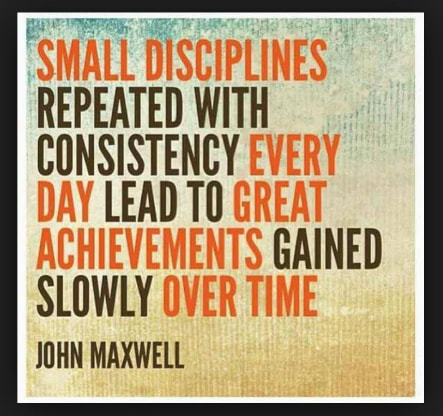
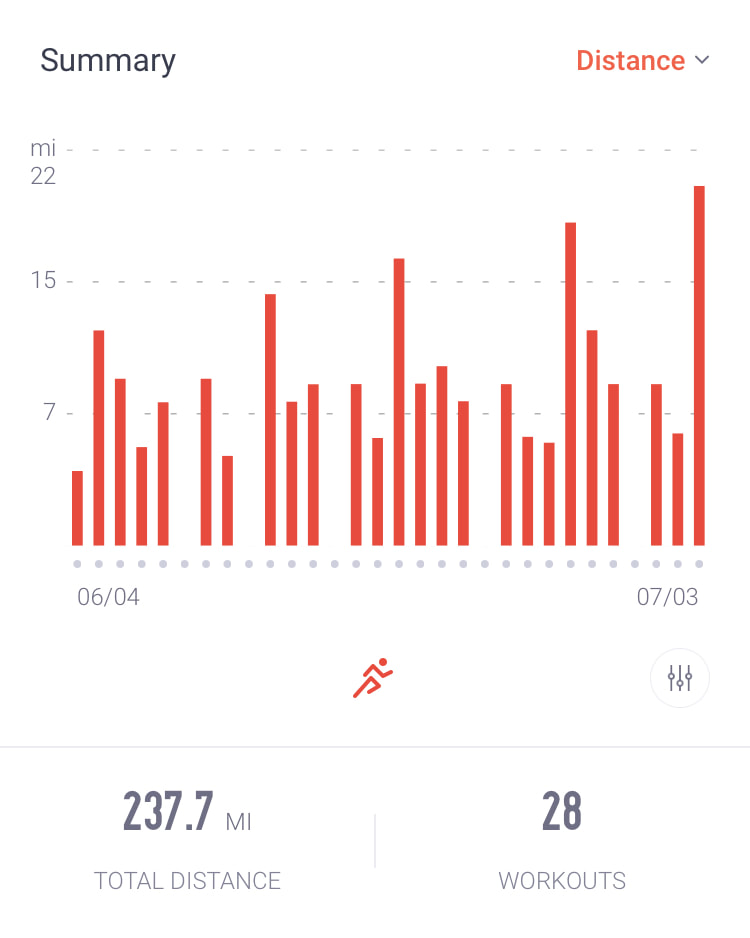
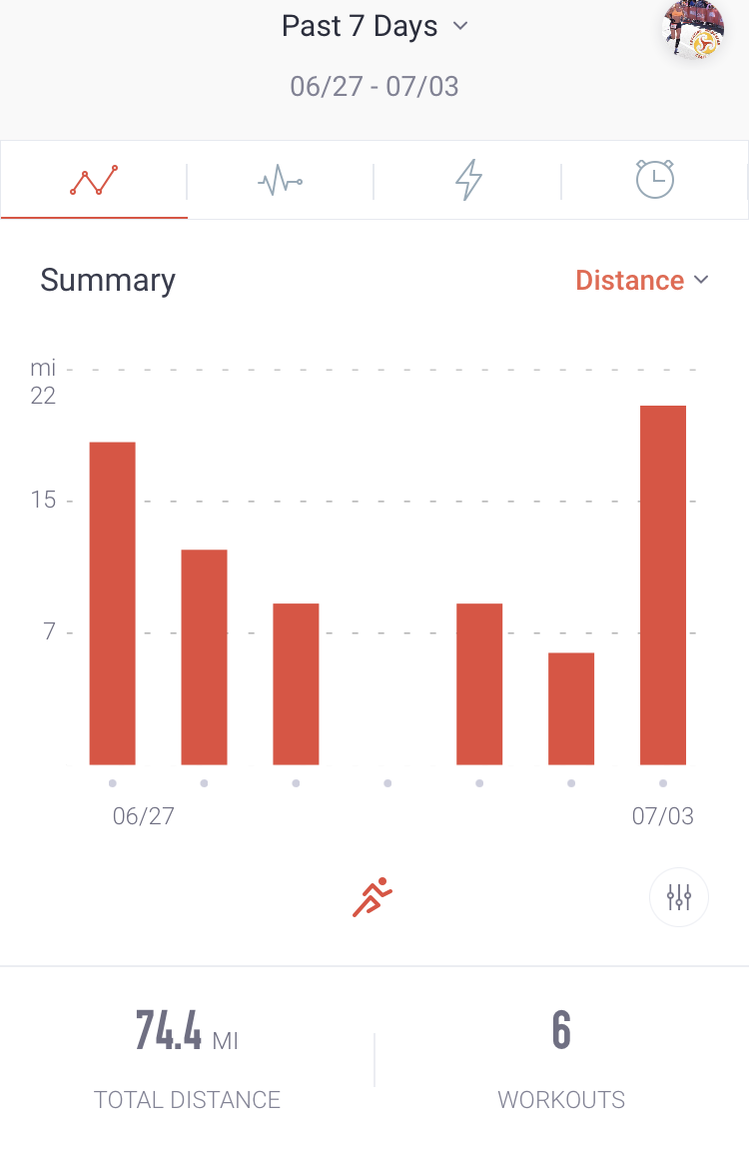
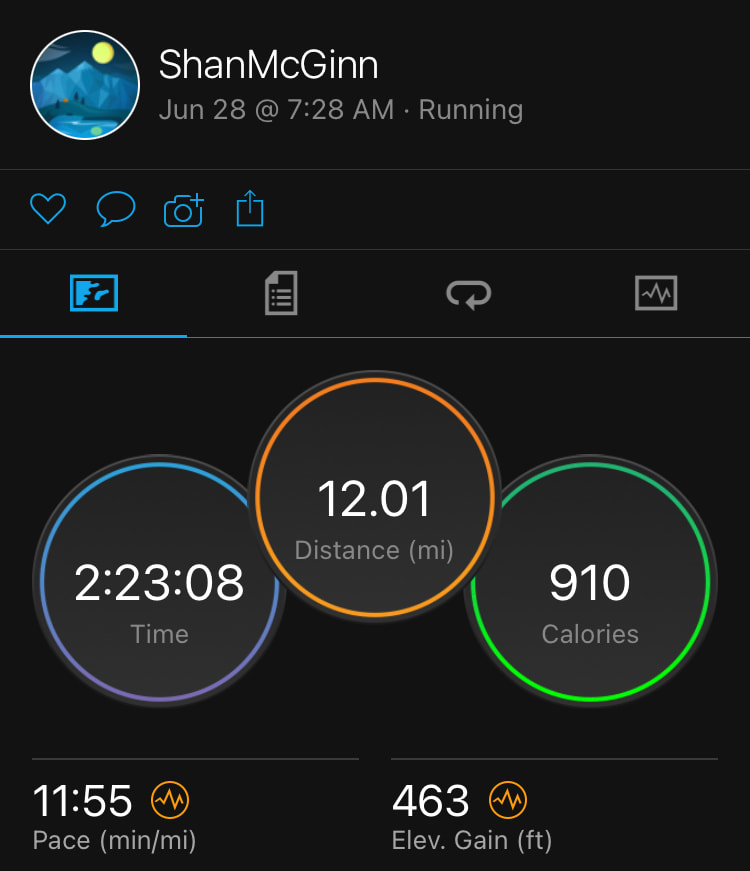
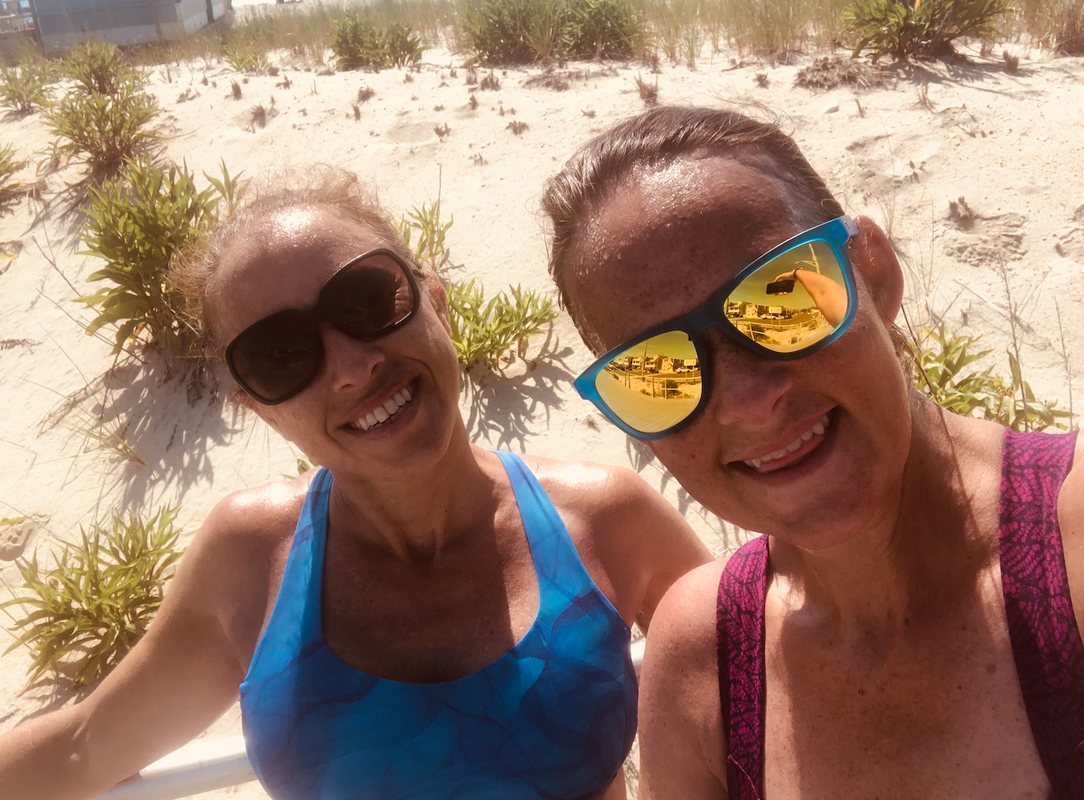
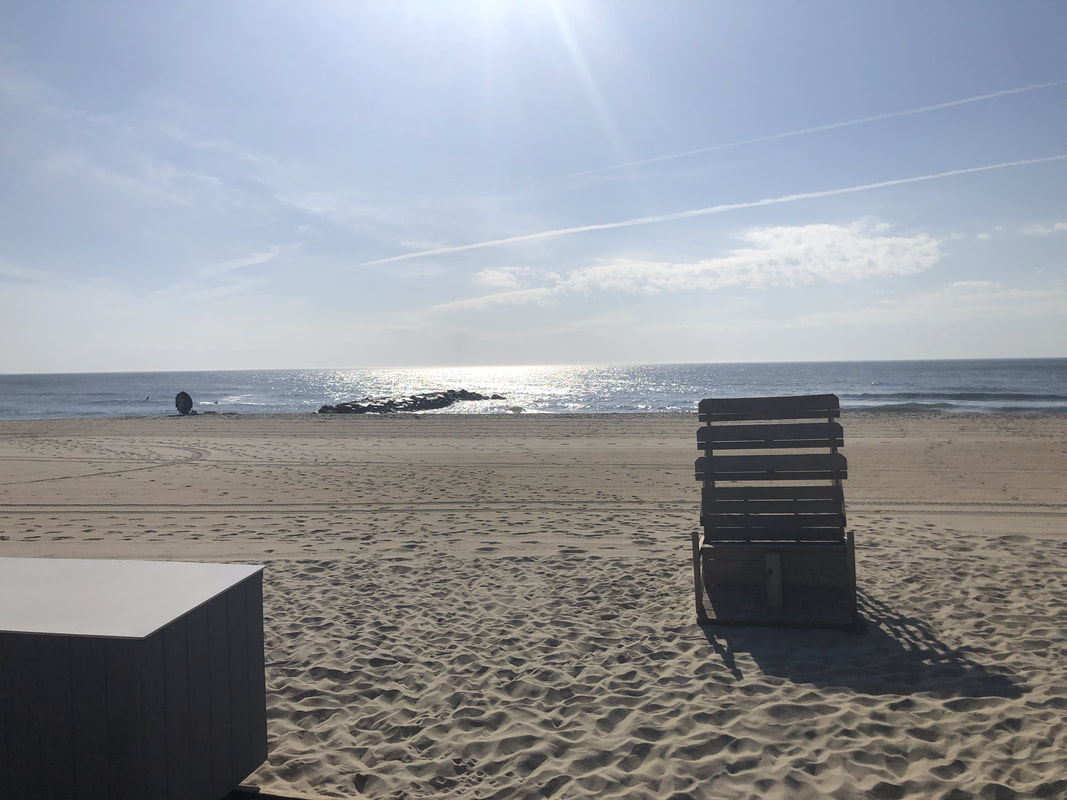
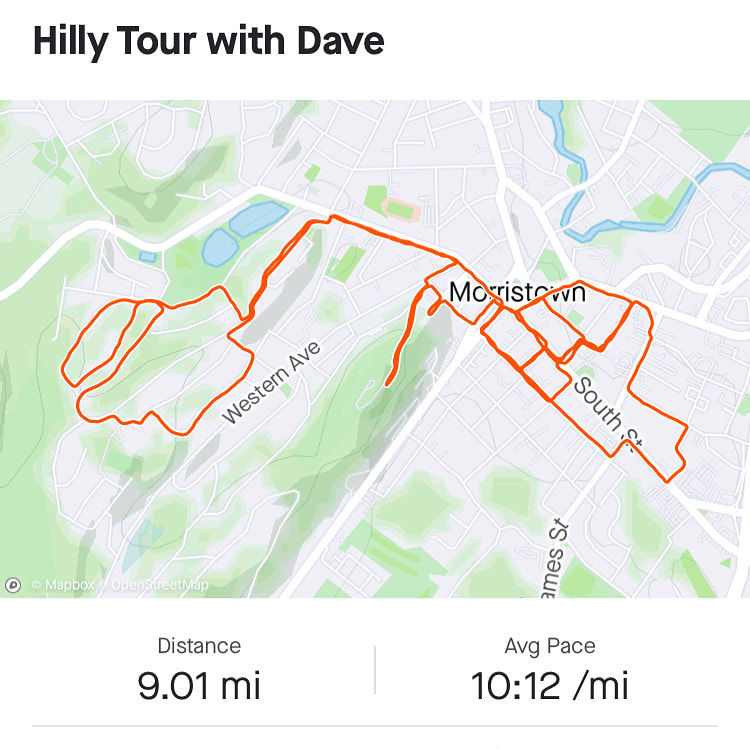
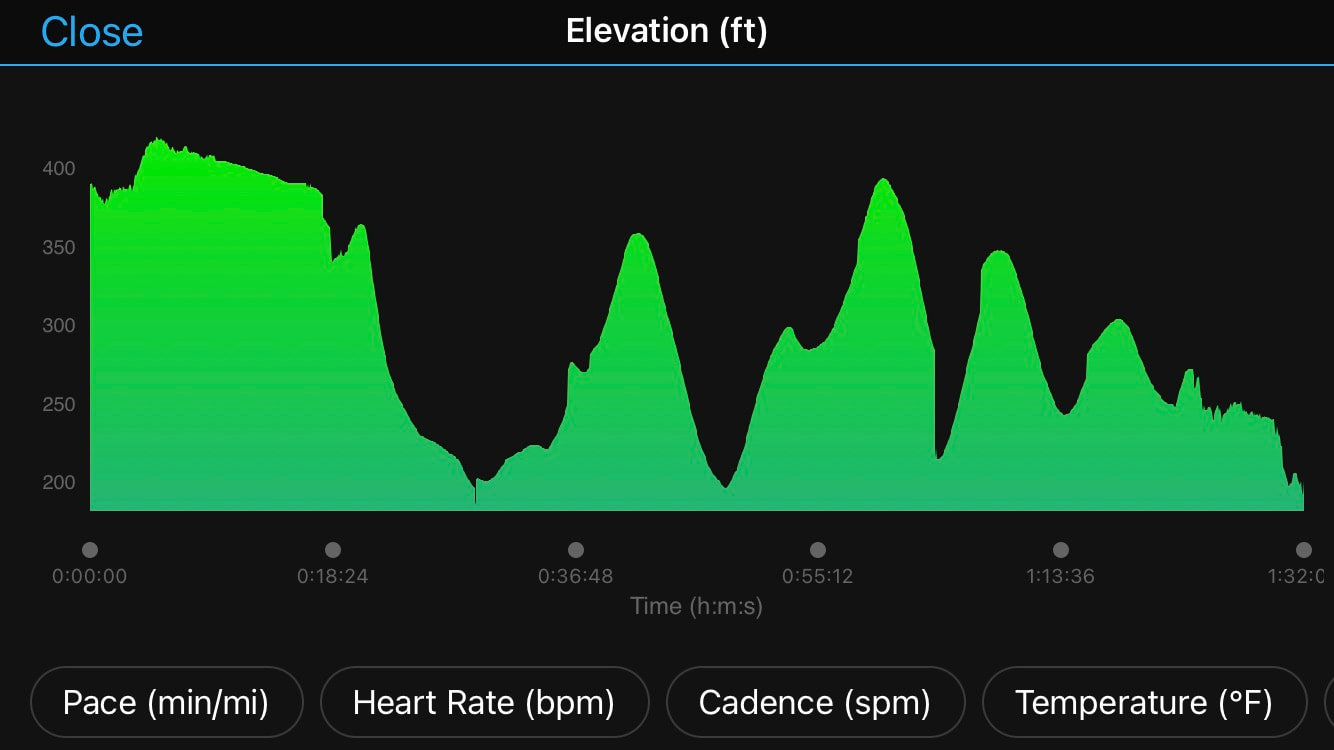
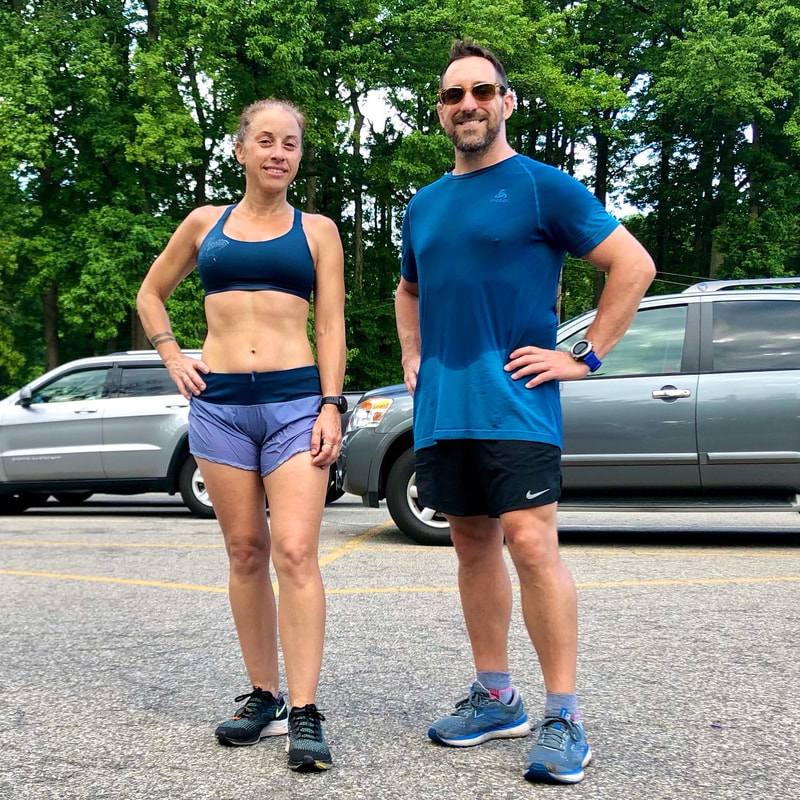
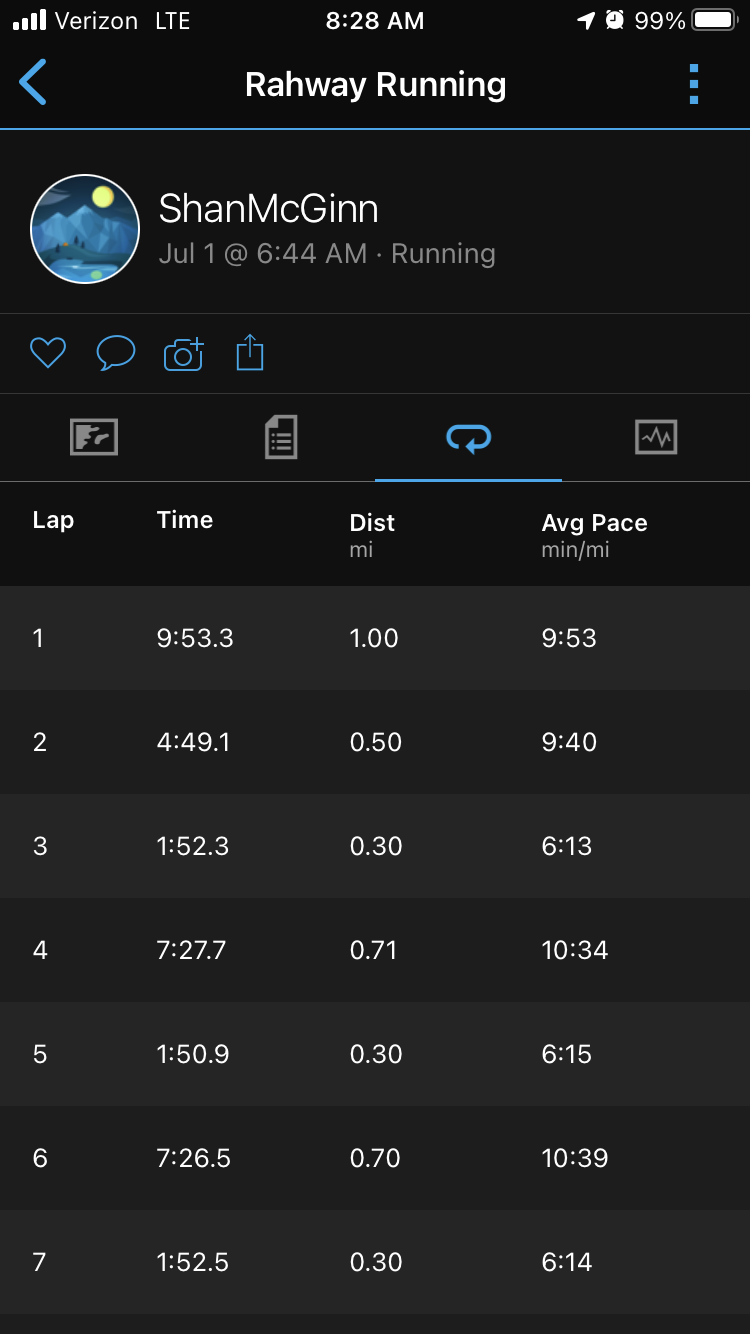
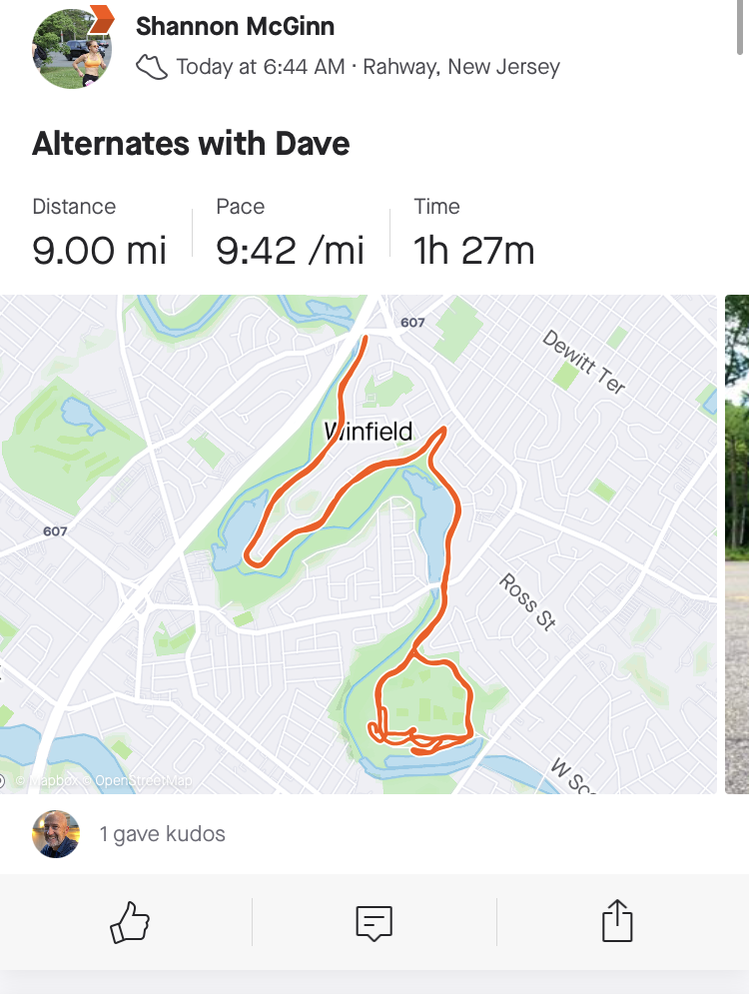
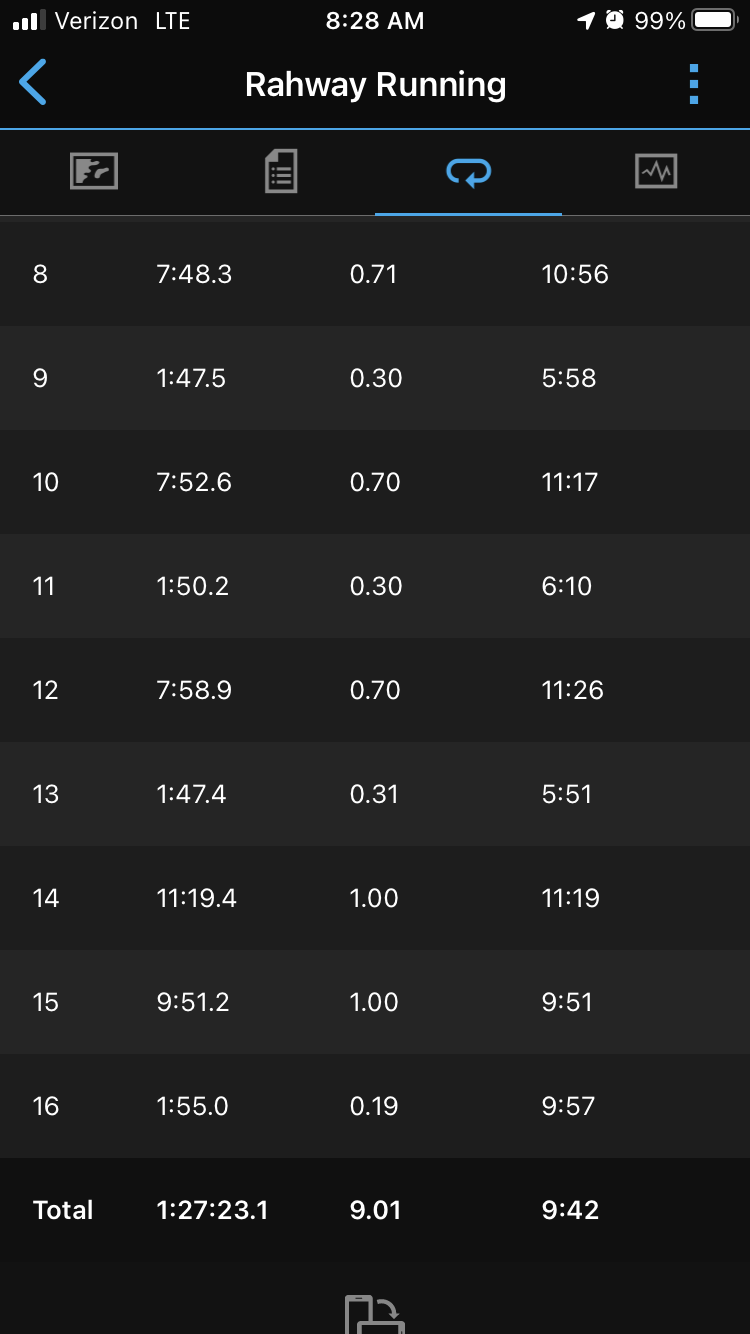
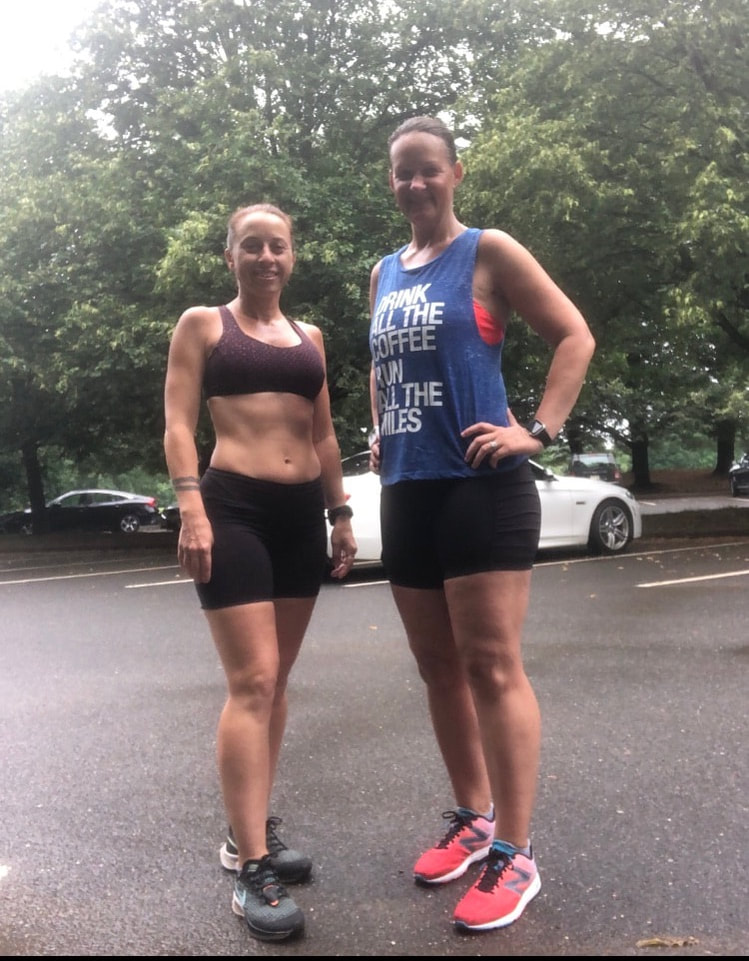
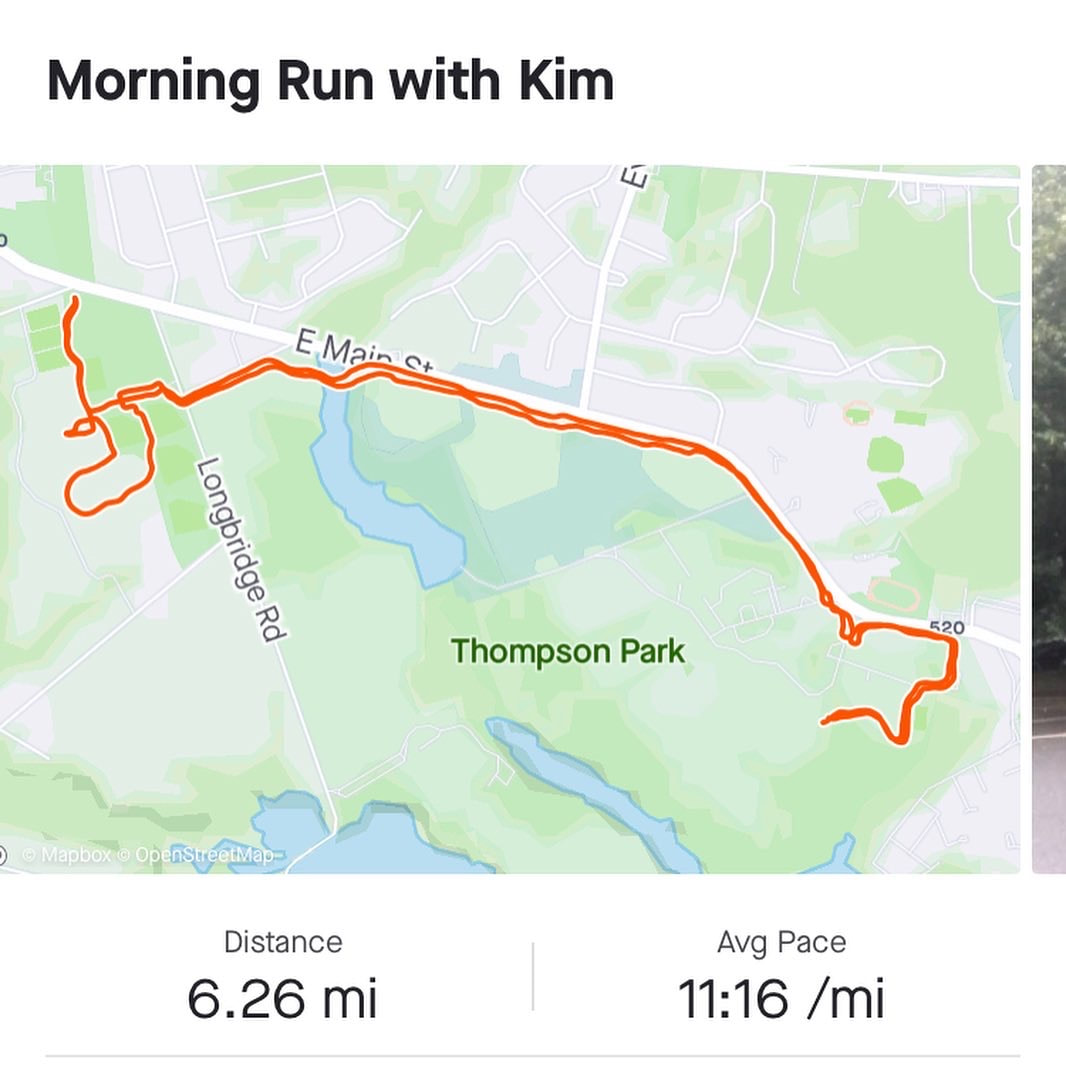
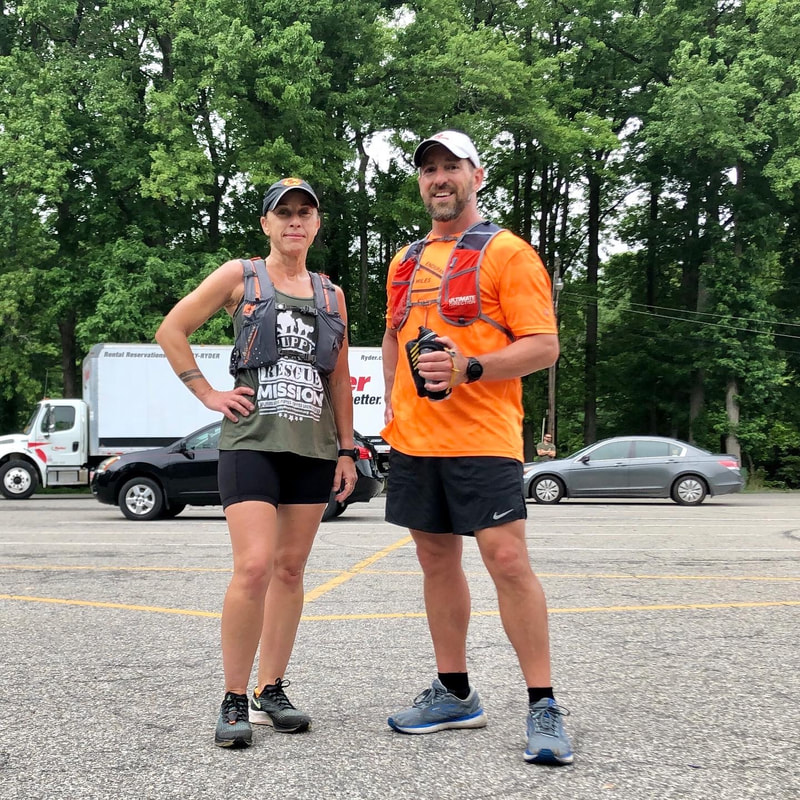
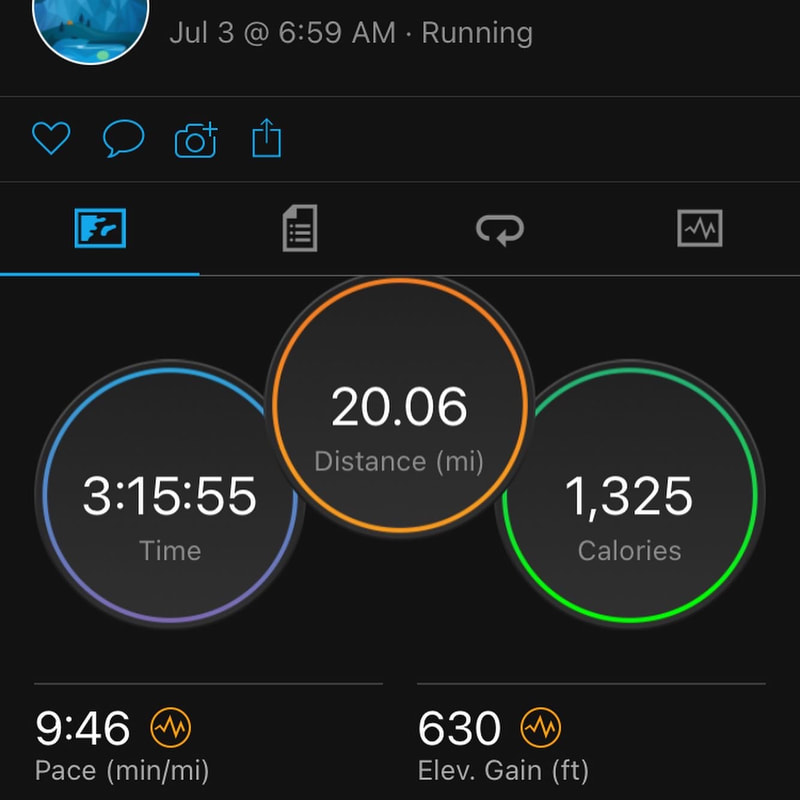

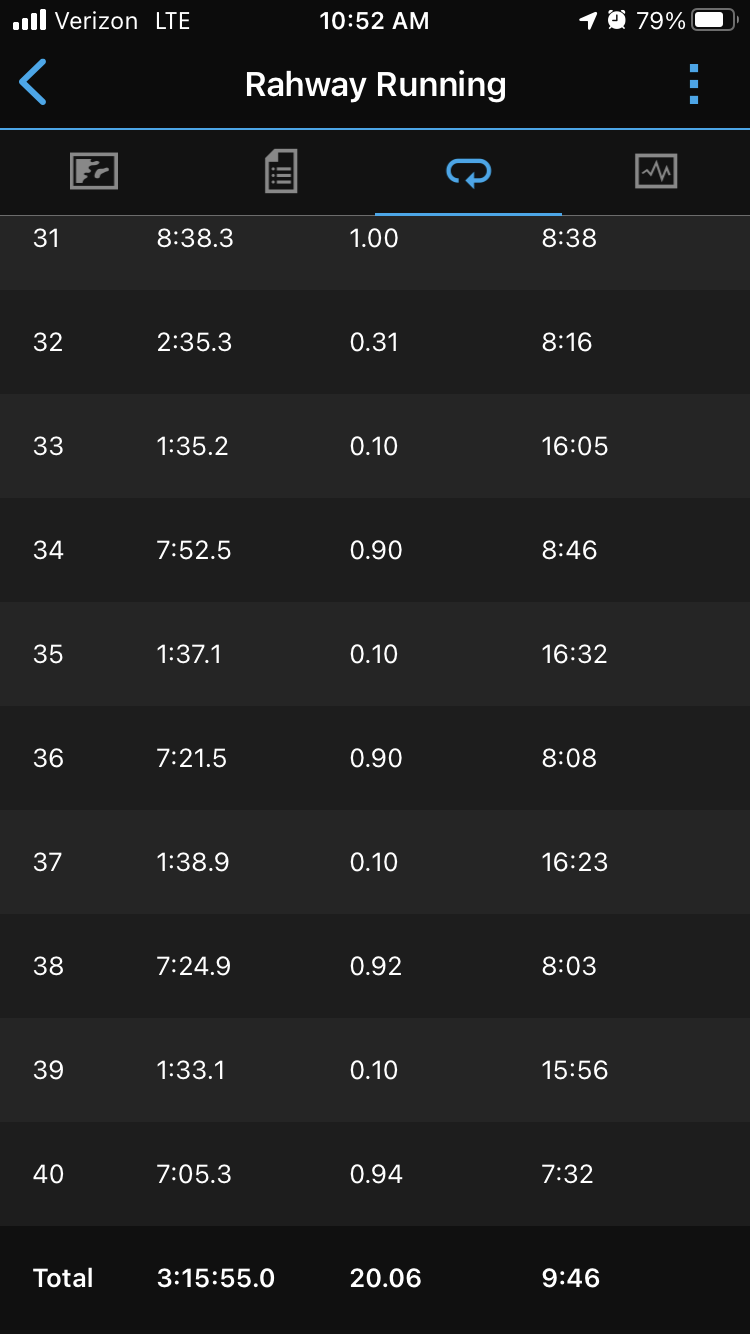
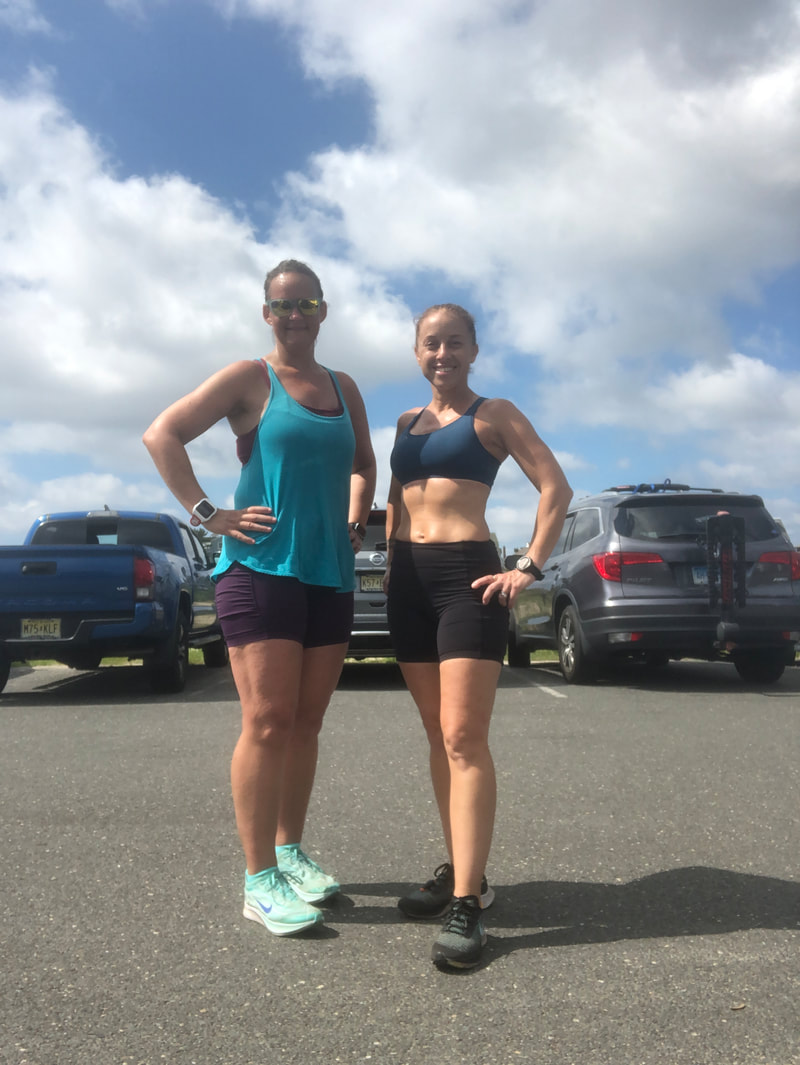
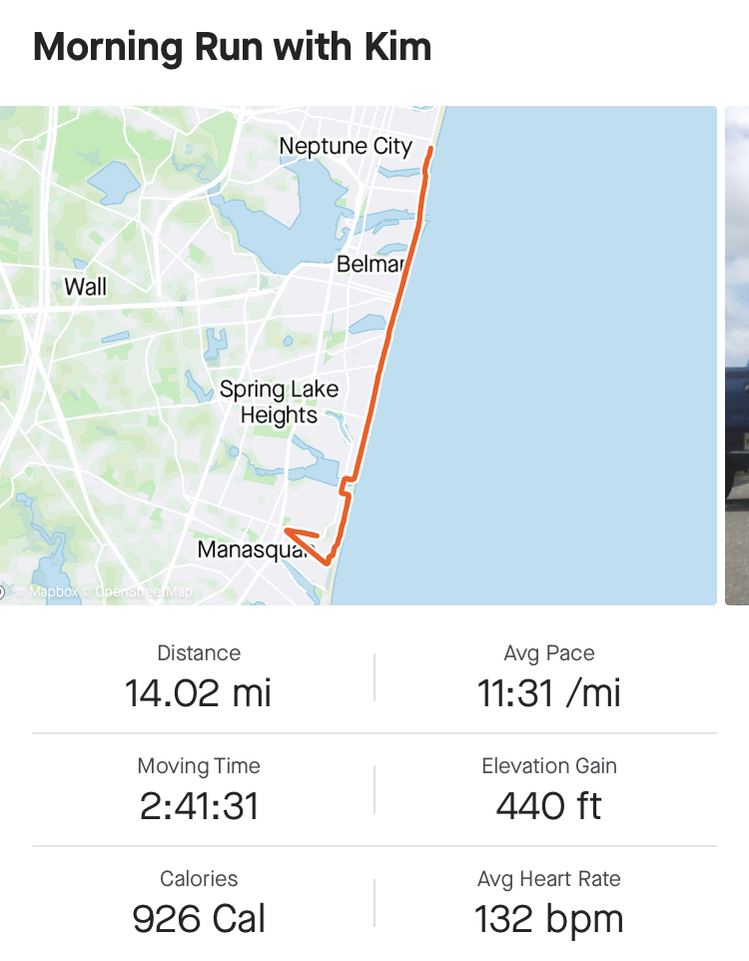
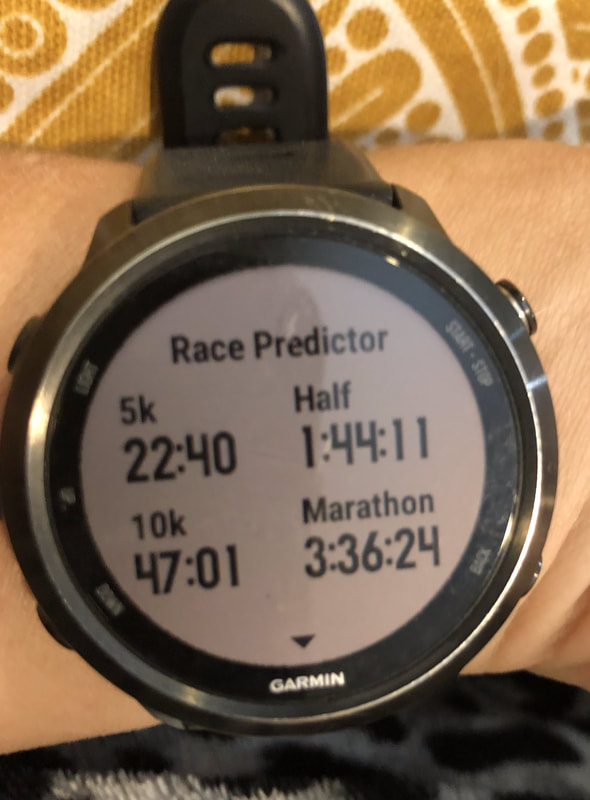
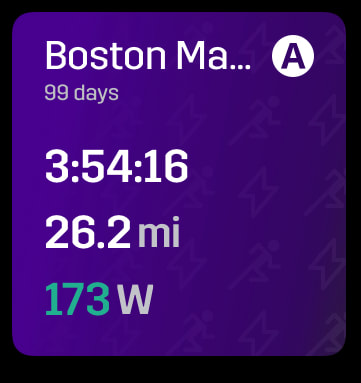
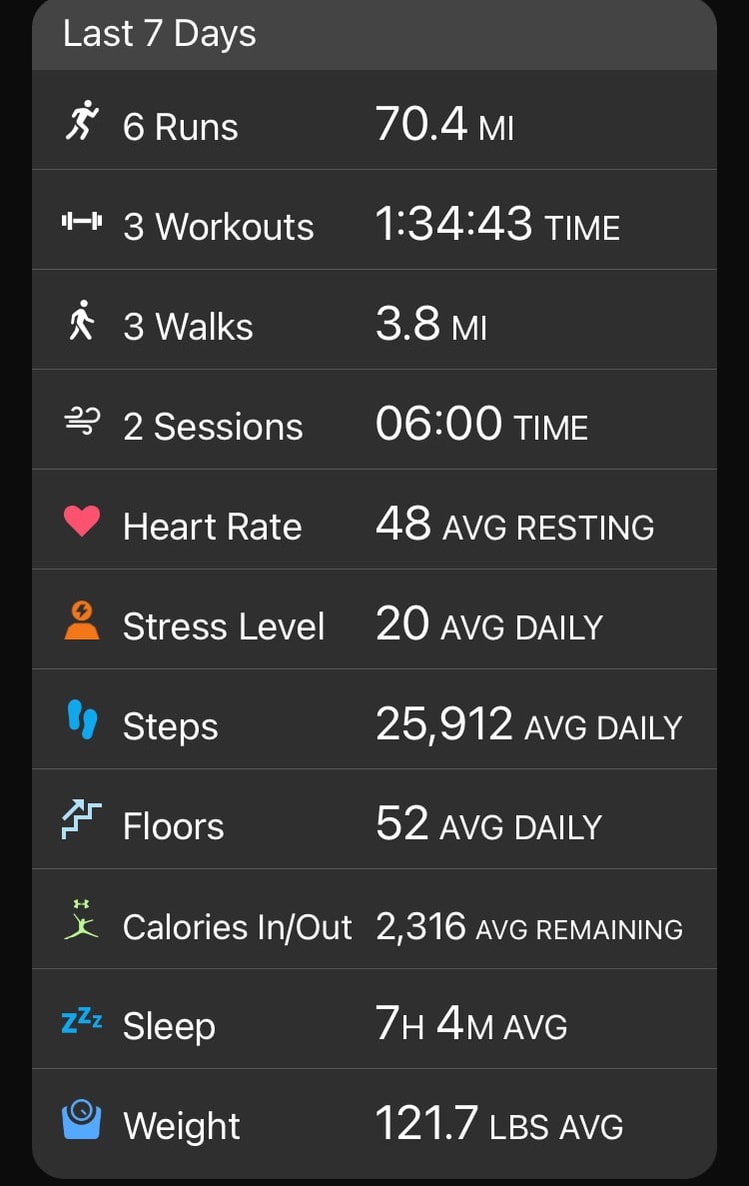
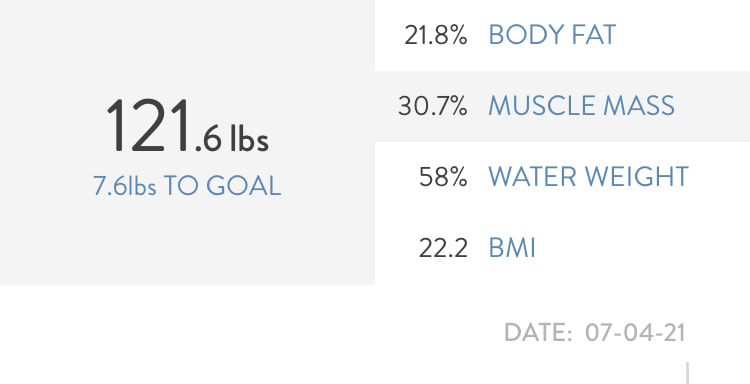
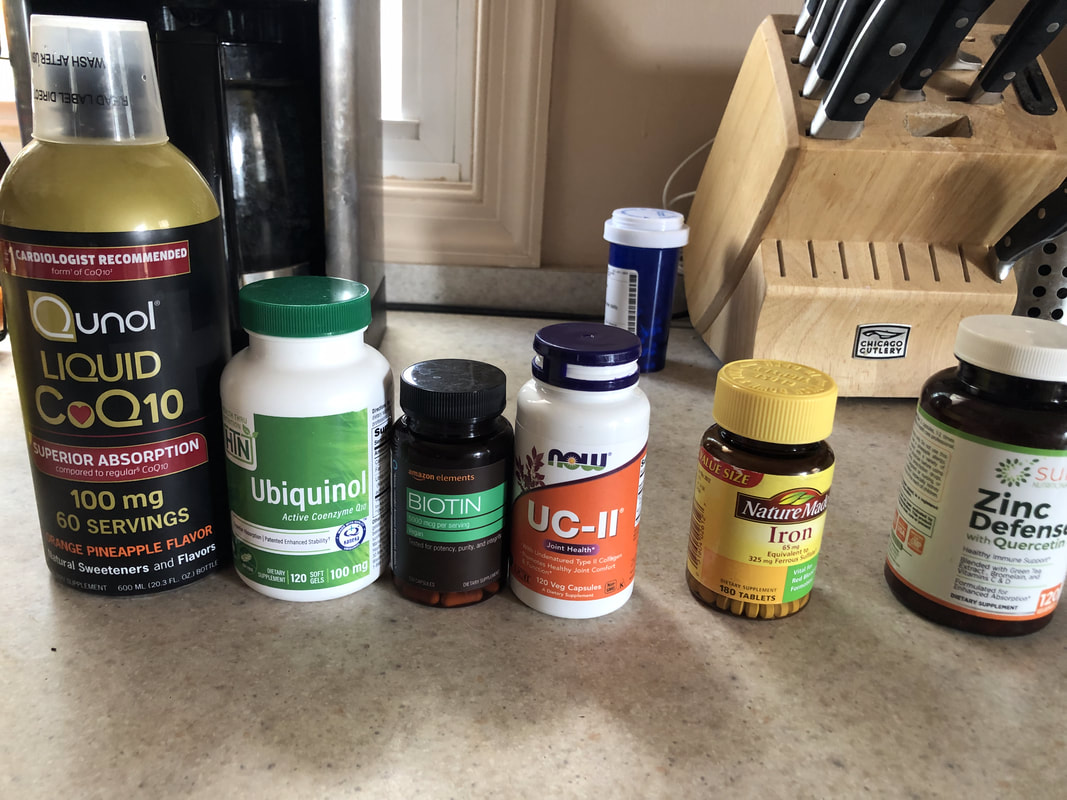
 RSS Feed
RSS Feed